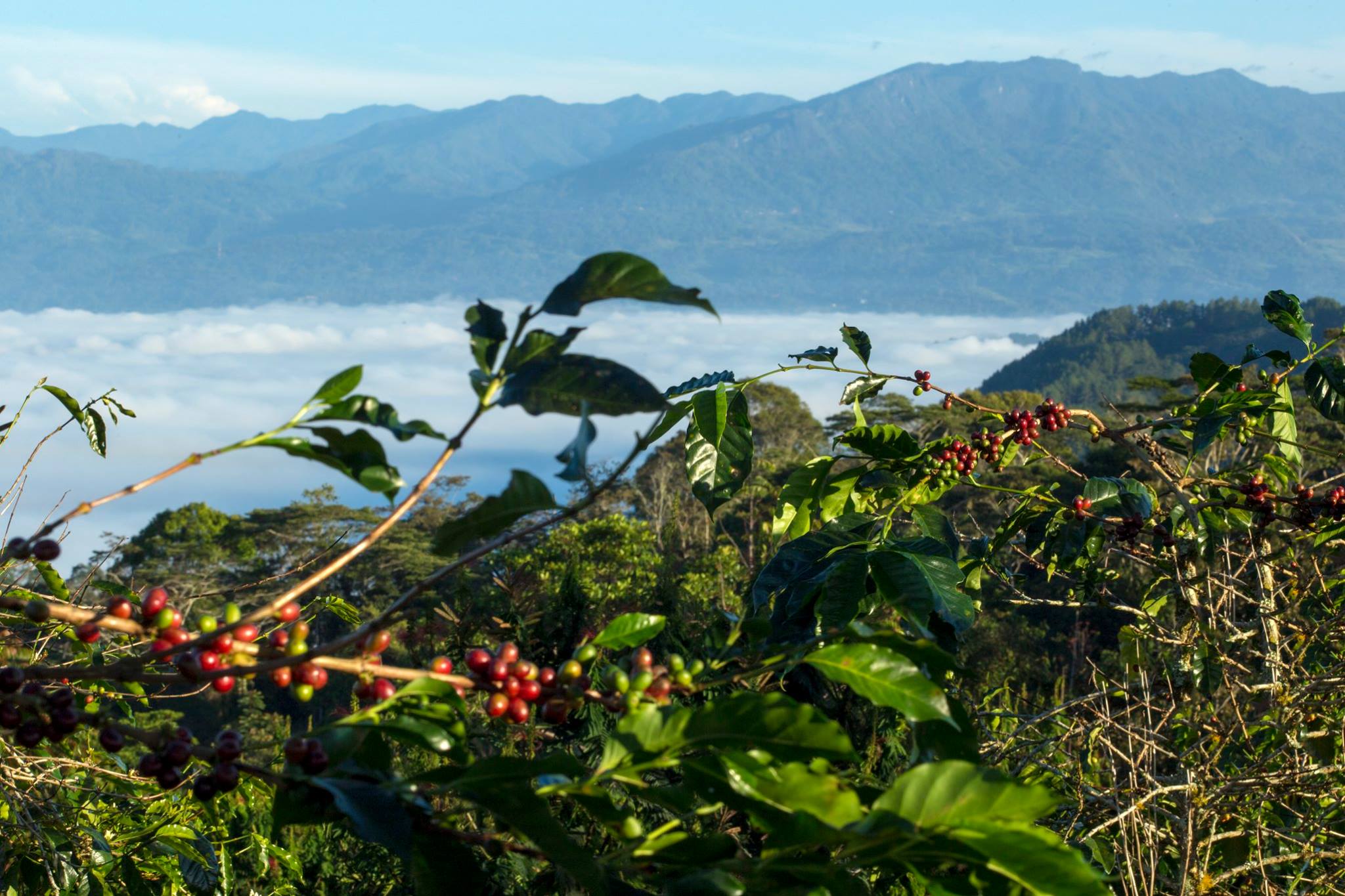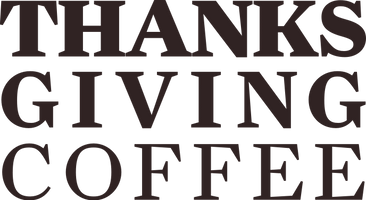
The coffee industry has a tremendous effect (both positive - and negative) on the environment, social equity, and peace in coffee growing regions. While certifications are fundamental to our work, our practices often go far beyond the standards that Fair Trade & Organic Certification have set. We believe in supporting the work that certifying organizations do to raise awareness and hold the coffee industry accountable. Here is what our certifications mean:

B Corp Certified
B Corps are leading a global movement of people using business as a force for good. They use the power of business to solve social and environmental problems. B Corps are for-profit companies certified by the nonprofit B Lab to meet rigorous standards of social and environmental performance, accountability, and transparency.

USDA Organic
The majority of our coffee products are certified Organic.
Organic agriculture produces products using methods that help to preserve the environment and avoid most synthetic materials, such as pesticides and antibiotics.
USDA Organic standards determine how farmers can grow crops and raise livestock and which materials they may use, in order to achieve certification.

Fair Trade
The international FAIRTRADE Mark appears on over 27,000 products sold in more than 120 countries. When you buy products with the international FAIRTRADE Mark, you make a positive difference for small-scale farmers and workers around the world. Products bearing the Mark meet the social, economic and environmental standards set by Fairtrade.

Smithsonian “Bird-Friendly” Coffee
The Smithsonian Migratory Bird Center has developed a certification for coffee that meet their strict standards – coffee that is 100% organic and shade-grown. They call it Bird Friendly Coffee.
Their seal of approval ensures tropical “agroforests” are preserved and migratory birds find a healthy haven when they travel from your backyard to faraway farms producing the beans you enjoy every morning.

“A coffee farmer will love their trees when they provide food, shelter, education, and health care for their family. When a farmer loves their trees, they will care for them in a way that produces fine quality and flavor.
Great coffee derives from the welfare of the farmer and their family. It is true for all farmers who work the land, including our local farmers.”
–Paul Katzeff, founder
Sustainability Practices

Green Practices At Our Roastery
We make every possible effort to reduce our ecological footprint at home and around the world. Here are some of the things we’re doing every day at the roastery to make a difference:
- Energy-efficient lighting
- Worm composting of coffee chaff
- Gravity-fed system from our roaster to the packaging facility
- Utilizing excess heat from our roaster’s afterburner for air conditioning
- Maintenance and re-use of equipment at “end of life”

Community Involvement
We’re dedicated to supporting the local non-profit organizations of our small coastal community in northern California to improve the social and environmental health of our region.
- Over the last 47 years, we’ve donated over $1M worth of coffee to local organizations who are doing good work in the community.
- One-third of the property on which our roastery is located has been donated for the Noyo Come-Unity Garden, a traditional community garden where individuals and families can cultivate their own plots to grow their own organic produce. This project is run by the Noyo Food Forest, another fantastic local organization!
- Sponsorship to dozens of local cultural, arts, health and environmental organizations.

Conservation Initiatives
We are committed to sourcing shade grown coffee from areas where the natural habitat includes tropical canopy. We are invested in protecting habitat of migratory birds and supporting farmers that recognize their benefit as pest control eliminating the need for synthetic chemical pesticides.
Specifically, our Fair Trade, Organic, and Shade Grown Song Bird coffees are grown in Nicaragua and represent conservation programs in critically important ecosystems.

Global Prosperity Initiatives
Coffee brings people together, both in cafés and on farms. The farmer cooperatives that grow our coffees work together to create lasting prosperity which fosters peace within their communities.
Thanks to their collective effort, many farmers sell directly to Thanksgiving Coffee Company and receive far better prices than what they were previously paid. This has enabled farmers to send their children to school, start savings accounts, and reinvest in their farms.
Fair Trade Practices

In early 2000 we signed on as the second U.S. company licensed by Transfair USA to roast and distribute Fair Trade Certified Coffee.
Fair Trade restores dignity to trade and returns market control to farmers. It encourages the empowerment of women, gives a voice to indigenous communities and supports the establishment of democratically governed cooperatives.
What is Fair Trade?
Fair Trade certification formalizes the relationship-based trading model that we’ve pioneered since the mid-1980s. This third-party certification guarantees that farmers and their cooperatives receive fair prices, access to finance, and an equal distribution of the benefits created by the coffee trade. It creates a safety net in the event of market collapse, promotes the establishment of long-term relationships between growers and buyers, and has a built-in social premium to benefit the community through health and education programs, quality improvement initiatives, and community stewardship of the environment.
The Fair Trade system supports the creation of an economy built on the principles of economic, social, and environmental justice. Historically, the relationship between growers and buyers has been exploitative; coffee farmers were offered prices lower than the cost of production and many were forced into a cycle of poverty and debt.
Above and Beyond Fair Trade
While Fair Trade Certification is fundamental to our work, what we do goes far beyond sourcing third-party Fair Trade Certified coffees. All of our Fair Trade and Organic Coffees are sourced from family farmers who are close partners. We work with them and their cooperatives throughout the year, including at least one (but often times more) in person visits to their farms and processing centers. Together we work to improve coffee quality, picking and processing, lot differentiation, establish coffee cupping laboratories for quality control and varietal flavor definition.We know that the best coffee comes from farmers who take pride in their craft and providing for their families and communities. Paying a fair wage for high quality coffees is just one of the ways we establish transparent relationships based on trust and mutual respect and allows coffee drinkers and coffee farmers to connect with every cup.
Fair Trade Farmers & Cooperatives
 We do not work with agribusiness... we choose to partner with small family farms and cooperatives in Central America, South America, Africa, Indonesia, and even Hawaii. We are proud to partner with these amazing, hard-working farms and cooperatives and to pay a sustainable, fair trade price for their coffee.
We do not work with agribusiness... we choose to partner with small family farms and cooperatives in Central America, South America, Africa, Indonesia, and even Hawaii. We are proud to partner with these amazing, hard-working farms and cooperatives and to pay a sustainable, fair trade price for their coffee.We invite you to learn more.
Coffees for a Cause



